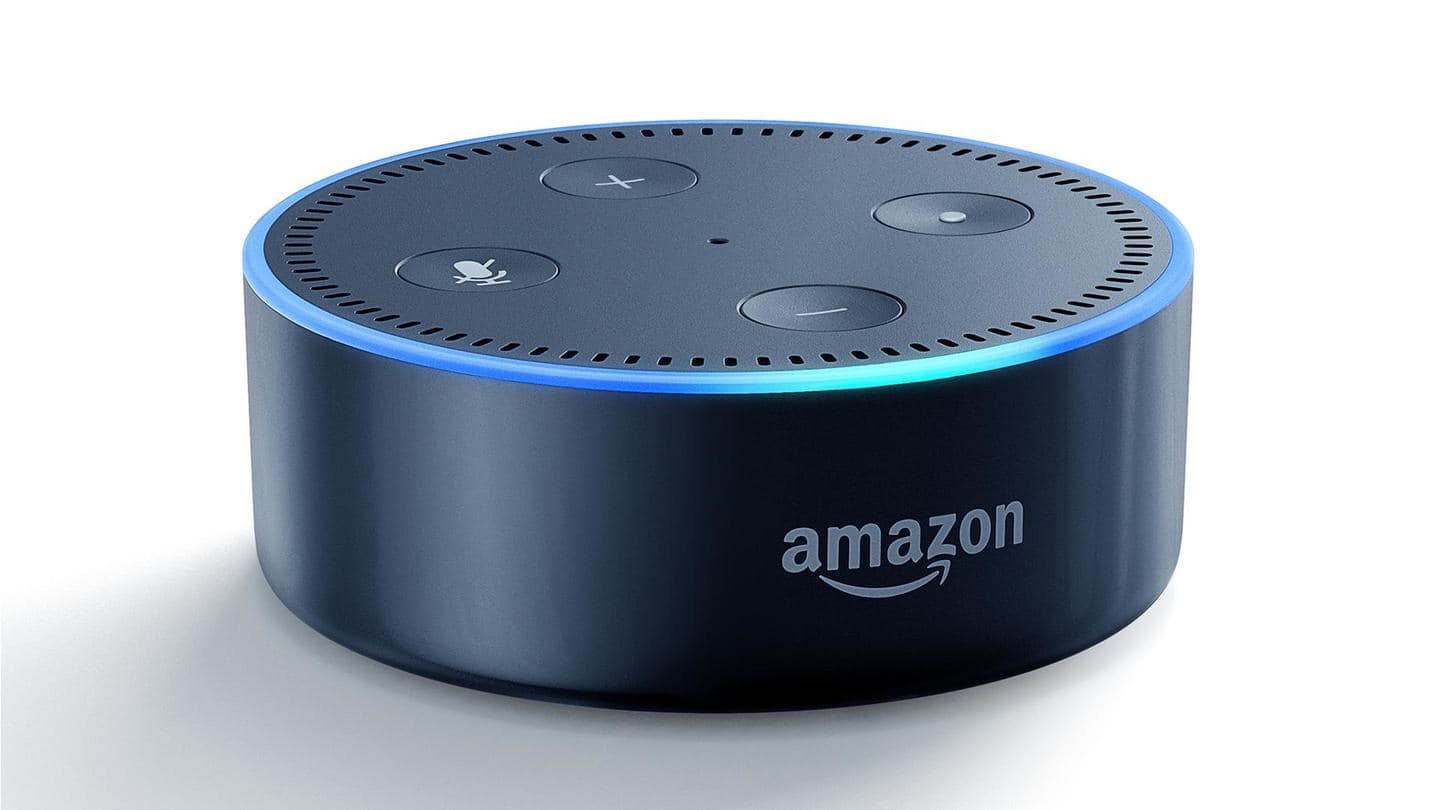
Amazon takes another step to improve Alexa's accessibility
What's the story
Your human companions may zone out during conversations but that shouldn't be the case with programmatically controlled voice assistants, right?
So, on Tuesday, Amazon tweaked its Alexa voice assistant to wait longer for a person to finish speaking before it stops listening for commands.
The new feature is optional and could be useful for those who speak slowly or have speech impairments.
Here's more.
Step forward
Feature would give users some more time before Alexa responds
Speaking to Forbes, Amazon's Head of Alexa Speech Recognition, Shehzad Mevawalla, said, "Alexa is a voice-first experience, and we are always looking for ways to improve speech recognition for all speaking styles."
"Some customers have told us they just need a bit more time before Alexa responds to their requests," he added, explaining the reasoning behind this feature's introduction.
Inclusivity
The feature could help people who stutter or stammer
The feature to make Alexa listen for longer will be opt-in and could help with the voice assistant's accessibility, making it more inclusive.
For those with atypical speech, a tendency to stammer or stutter, and comprehension-related disabilities, using Alexa could be quite the task.
According to the American Speech-Language-Hearing Association (ASHA), 7% of Americans have some form of language impairment.
Details
Significant fraction of American population suffers from speech disorders
This is separately corroborated by a statistic from the National Institute on Deafness and Other Communication Disorders that indicated that over 3 million Americans stutter. Another 5% to 10% suffer from some type of communicative disorder.
"That's why we're committed to building Alexa experiences that are inclusive, helpful, and accessible for everyone," said Amazon's Director of Alexa Trust, Beatrice Geoffrin.
More progress
Users can also type out commands for Alexa now
In a related development, Amazon also enabled a way for users to type out commands for Alexa-enabled devices. The feature is currently available for public preview in the US.
It would come in clutch for those with speech impairments and even for those who wish to command their smart device without letting everyone else in the room know of the command.